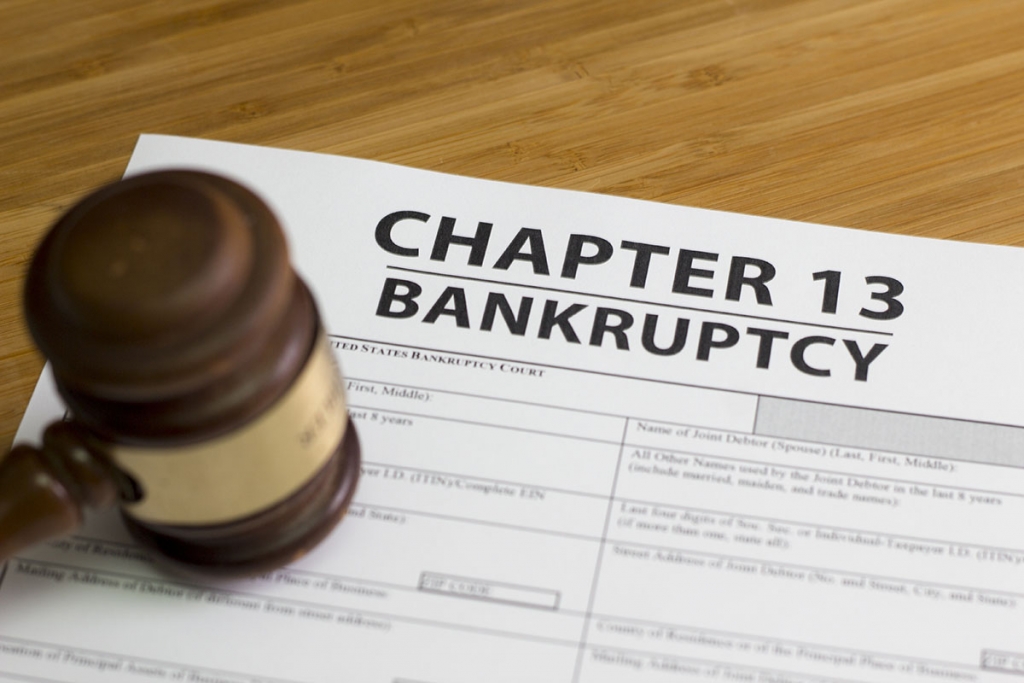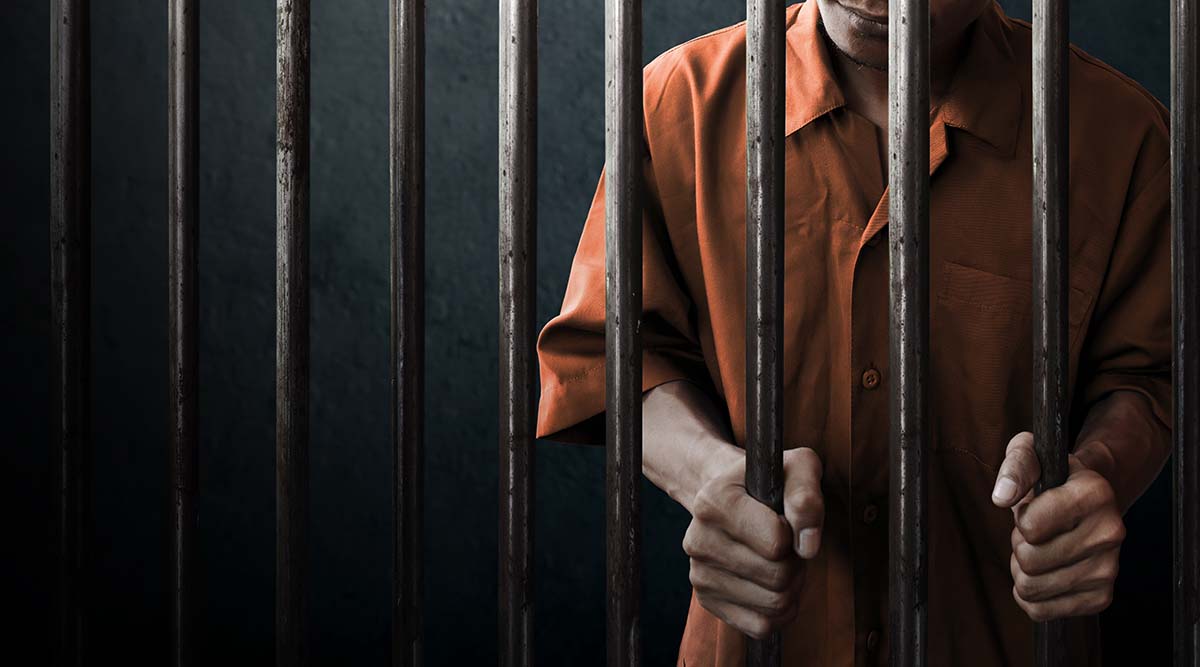What’s the Difference Between Chapter 7 and Chapter 13 Bankruptcy?
More people are considering filing bankruptcy today than this country’s seen in a long time. Whenever the country goes through a recession, the number of bankruptcy filings in Arizona go up. This makes perfect sense. When people are out of work, they can’t pay their bills. They start to live off of their credit cards. All this does is make it even harder to pay their debts. It gets to a certain point where they just can’t handle it anymore. That’s when they know it’s time to call an experienced Arizona bankruptcy lawyer.
When your debt starts spiraling, it can cause a vicious cycle. You borrow more money to keep your head afloat. Then you can’t afford to pay back the new debt. You do this a few times, even accepting high-interest credit cards and loans. The next thing you know, your monthly bills exceed your monthly income. You realize there just isn’t any choice. You need to consider filing bankruptcy. The question is – which chapter do you want to file?
The Main Difference Between a Chapter 7 and Chapter 13 is Debt Forgiveness
The big difference between the two main types of bankruptcy has to do with debt forgiveness. With a Chapter 7 personal bankruptcy, you essentially are wiping the slate clean. Most or all of your debts will be dismissed, and you won’t have to pay back any of your old creditors. With a Chapter 13, this isn’t the case. A chapter 13 bankruptcy is more of a repayment plan. Some of your debts may be completely forgiven. The rest of your creditors will expect you to work out some sort of payment plan with them. You typically won’t pay back the entire amount. Instead, you and your Arizona bankruptcy lawyer will work out a certain percentage to pay back all of the creditors.
What Kind of Debts Can Be Discharged in a Chapter 7?
It would be nice to think that all of your debts will be wiped out in a Chapter 7 bankruptcy. For the most part, they will be. However, there are certain debts that do not go away even if you file bankruptcy. Some of these include:
- Student loans
- Alimony or spousal maintenance
- Past due child support
- Local, state and federal taxes
- Criminal restitution
- Debts not listed in your bankruptcy
- Debts you accrued after you filed bankruptcy
Your Arizona bankruptcy lawyer will also discuss whether you want to affirm certain debts. For example, just because you’re filing Chapter 7 doesn’t mean you want to give up your home. You may be able to reaffirm this debt. The same may be true for other debts, such as your car loan. Since every case is unique, it’s impossible to list them all here. That’s why it’s a good idea to meet with an Arizona bankruptcy attorney before you decide whether to file.
Your Arizona Bankruptcy Lawyer Will Have to Propose a Repayment Schedule in a Chapter 13
If you choose to file a Chapter 13 instead of a Chapter 7, you won’t be walking away with a so-called “clean slate.” You’ll still owe your debts. The difference is that your Arizona bankruptcy lawyer will work out a long-term repayment plan with all of your creditors. They may even be able to get them to agree to a lesser amount. It all depends on how much debt you have. It also depends on your income and what kind of assets you have.
Call an Experienced Arizona Bankruptcy Lawyer Sooner Rather than Later
If you’re seriously considering bankruptcy, call our office and talk to one of our skilled Arizona bankruptcy lawyers.





